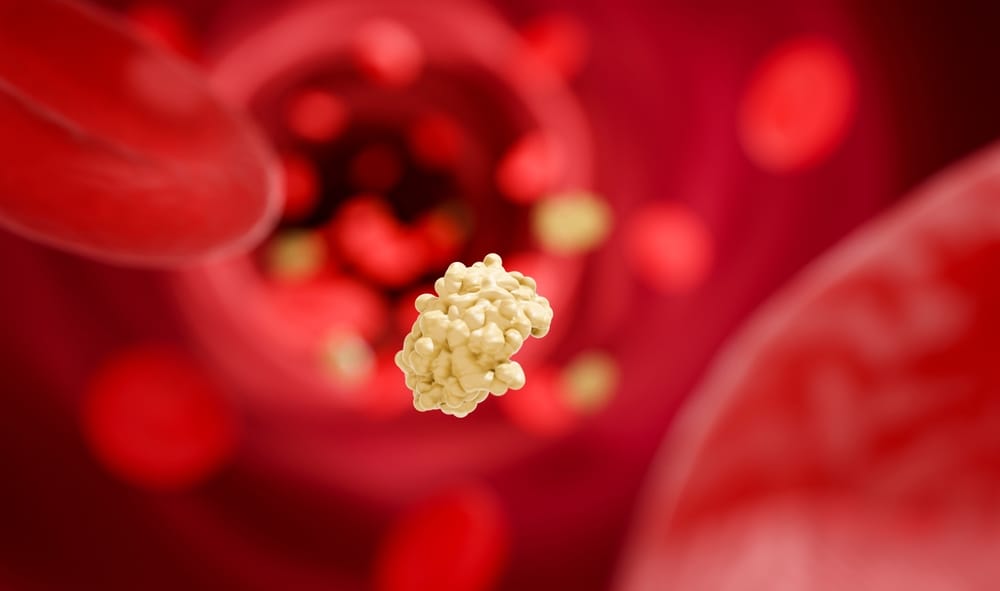Understanding the endocrine system

The endocrine system is a complex communication network that regulates reproduction, metabolism, growth, and energy balance through hormones—chemical messengers released into the bloodstream. These hormones act slowly but powerfully, influencing nearly every process in the body. The major endocrine organs include the pituitary gland, pineal gland, thyroid gland, parathyroid glands, and adrenal glands.
The pituitary gland, often called the master gland, sits at the base of the brain. It is divided into two parts: the anterior pituitary and the posterior pituitary, each releasing different hormones that influence growth, stress response, reproduction, and water balance. Though small, it has far-reaching effects by directing other glands to release their own hormones.
The pineal gland, nestled deep in the brain, helps regulate the body’s internal clock by producing melatonin. This hormone guides circadian rhythms, influencing sleep-wake cycles. A disruption in melatonin release, such as earlier production during darker seasons, has been linked to seasonal affective disorder.
The thyroid gland is butterfly-shaped and located below the larynx. It plays a vital role in controlling metabolic rate and supports growth, differentiation, and development. Hypothyroidism at birth can result in stunted growth and intellectual disability, while hyperthyroidism speeds up metabolism, often leading to weight loss and heightened energy expenditure.
The parathyroid glands, usually four tiny glands behind the thyroid, regulate calcium levels in the blood. While important for bone health and nerve function, they are not essential for survival.
Finally, the adrenal glands sit like caps on top of the kidneys. Their outer layers, divided into three zones, produce hormones that regulate metabolism, salt balance, and stress. The inner region secretes epinephrine (adrenaline), which powers the body’s “fight-or-flight” response in emergencies.
Love them without losing yourself. The Boom Health app helps you manage your loved one’s home care in one app. Download the app from the App Store or Google Play Store.
This article is not intended to be a substitute for professional medical advice or diagnosis. Always seek the advice of your physician or another qualified health provider with any questions you may have regarding a medical condition.




